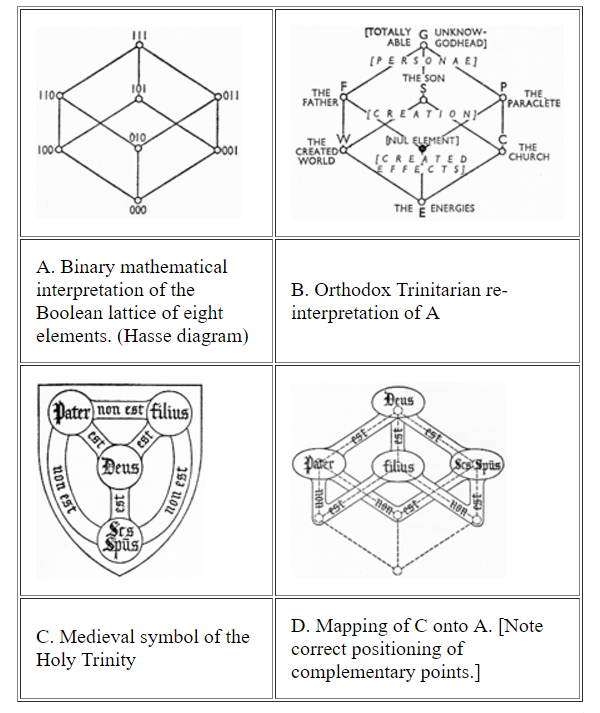The Trojan War, revisited
Saturday, June 30th, 2018[ by Charles Cameron — a feminist reading — The Trojan wars resemble ISIS among the Yazidi ]
.
Rebecca Solnit is an acute, insightful writer, who first noted the genre of unlistening overtalk that came to be known as mansplaining — her example being men who praise and explain the brilliance of a book for fifteen or twenty minutes, based on having read a review, without pausing to find out they are addressing the author in question.
During my research for incels (for an Incels & Rajneeshis post that I still hope to complete one of these days), I ran across her Guardian post, A broken idea of sex is flourishing. Blame capitalism.
Her key expositional para, IMO, is this one:
Feminism and capitalism are at odds, if under the one women are people and under the other they are property. Despite half a century of feminist reform and revolution, sex is still often understood through the models capitalism provides. Sex is a transaction; men’s status is enhanced by racking up transactions, as though they were poker chips.
s
That struck me, besides its meaning, for its poker chip metaphor. But it was the para immediately precesing it that I wanted to bring here to ZP, since it described the Trojan War in a way I had not seen before:
The Trojan war begins when Trojan Paris kidnaps Helen and keeps her as a sex slave. During the war to get Helen back, Achilles captures Queen Briseis and keeps her as a sex slave after slaying her husband and brothers (and slaying someone’s whole family is generally pretty anti-aphrodisiac). His comrade in arms Agamemnon has some sex slaves of his own, including the prophetess Cassandra, cursed by Apollo for refusing to have sex with him. Read from the point of view of the women, the Trojan wars resemble ISIS among the Yazidi.
That really brings things classical and venerable home to us, occupied as we are with the contemporary and terrible:
The Trojan wars resemble ISIS among the Yazidi.
**
This is one of those posts where I expose my own ignorance, and pray for a lively comments section.
What say you? Is this a misreading? Truth, already widely known? Or an original and useful, perhaps provocative, insight?











